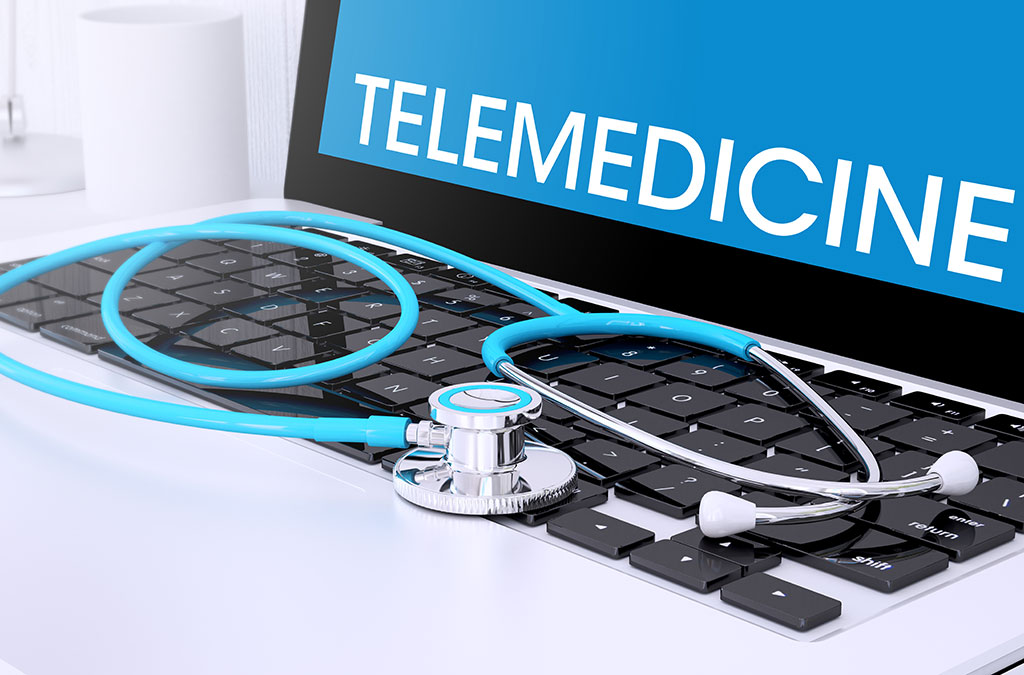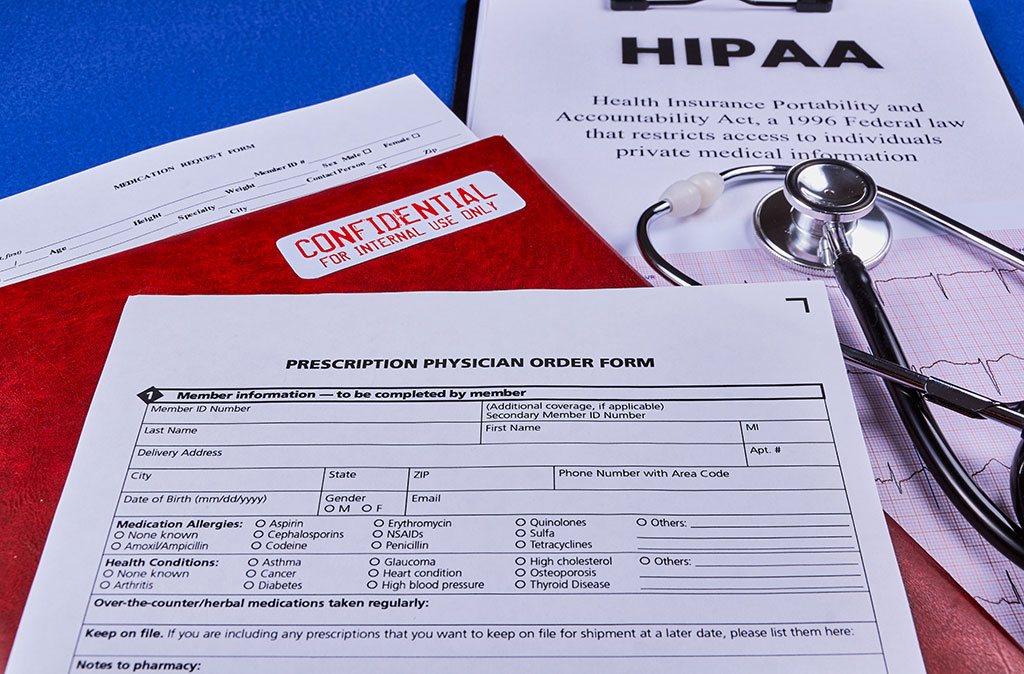Following President Trump’s declaration of a national emergency, the Secretary of the Department of Health and Human Services (HHS) announced on March 13, 2020 a “waiver” of certain laws and regulations related to Medicare, Medicaid, and other federal healthcare programs. According to HHS, the waivers were issued:
To ensure that sufficient health care items and services are available to meet the needs of individuals enrolled in the Medicare, Medicaid and CHIP programs and to ensure that health care providers that furnish such items and services in good faith, but are unable to comply with one or more of these requirements as a result of the consequences of the 2019 Novel Coronavirus (previously referred to as 2019-nCoV, now as COVID-19) pandemic, may be reimbursed for such items and services and exempted from sanctions for such noncompliance, absent any determination of fraud or abuse.
While the March 13 waivers contained “blanket” exemptions from certain rules and requirements under laws such as HIPAA and EMPTALA, and from certain Medicare “Conditions of Participation” and rules regarding telehealth services (about which we previously written), it did not provide any “blanket” protection against enforcement and sanctions under the Physician Self-Referral law, better known as the “Stark” Law. Instead, HHS waived sanctions under the Stark law only “under such conditions and in such circumstances as the Centers for Medicare & Medicaid Services determines appropriate.” In other words, on a “case by case” basis upon submission of a request for an exemption for a specific arrangement (including justification for the waiver and the expected time needed for the waiver), and approval by CMS.
Because HHS did not at that time adopt “blanket” Stark law waivers or offer additional guidance regarding how the “case-by-case” Stark law waivers would be applied during the crisis, providers were left confused and in the lurch as to whether (and how) they could pursue innovative arrangements meant to quickly and efficiently expand care delivery to patients without running afoul of the often cumbersome “technical” requirements of the Stark law governing such arrangements. Recognizing the severity of this problem, the American Hospital Association (AMA) wrote to HHS on March 20, 2020, urging that immediate steps be taken to suspend enforcement of the Stark law and the Antikickback Statute (AKS) in order to enhance hospital and providers ability to “engage in a wide array of transactions – from barter to short-term contracts and leases – without worrying about the niceties of complying with the technical requirements of a particular Stark Law exception or an Anti-Kickback Statute safe harbor.” In their letter, the AMA proposed multiple potential relief measures, including exceptions to the definition of “compensation arrangement” under the Stark law, exempting certain forms of “remuneration” from AKS liability, and directing that transactions between hospitals, physicians, and other referral sources with the primary purpose of delivering supplies and services in response to the COVID-19 crisis should not be subject to sanctions or prosecution.
Yesterday, CMS answered the call to action and issued a number of “blanket” Stark law waivers designed to put “patients over paperwork” and permit providers to engage in certain transactions meant to aid in the fight against COVID-19 but which might otherwise run afoul of technical requirements of Stark law. These waivers, include the following:
- Hospitals and other health care providers can pay above or below fair market value to rent equipment or receive services from physicians (or vice versa). For example, a physician practice may be willing to rent or sell needed equipment to a hospital at a price that is below what the practice could charge another party. Or, a hospital may provide space on hospital grounds at no charge to a physician who is willing to treat patients who seek care at the hospital but are not appropriate for emergency department or inpatient care.
- Health care providers can support each other financially to ensure continuity of health care operations. For example, a physician owner of a hospital may make a personal loan to the hospital without charging interest at a fair market rate so that the hospital can make payroll or pay its vendors.
- Hospitals can provide benefits to their medical staffs, such as multiple daily meals, laundry service to launder soiled personal clothing, or child-care services while the physicians are at the hospital and engaging in activities that benefit the hospital and its patients.
- Allowing the provision of certain items and services that are solely related to COVID-19 Purposes (as defined in the waivers), even when the provision of the items or services would exceed the annual non-monetary compensation cap.
- Physician-owned hospitals can temporarily increase the number of their licensed beds, operating rooms, and procedure rooms, even though such expansion would otherwise be prohibited under the Stark Law.
- Loosening some of the restrictions when a group practice can furnish medically necessary designated health services (DHS) in a patient’s home.
- Group practices can furnish medically necessary MRIs, CT scans or clinical laboratory services from locations like mobile vans in parking lots that the group practice rents on a part-time basis.
Additional details regarding these new Stark law waivers can be found here. As COVID-19 continues to test and strain national healthcare resources, we expect that the government will continue to issue waivers of certain fraud and abuse laws and regulations, to help providers expand care delivery to patients without having to worry about some of the burdensome technical limitations that could otherwise preclude such efforts. We will of course keep you updated on any new developments in this area, and are available to answer any questions you may have about our rapidly changing healthcare regulatory environment.



